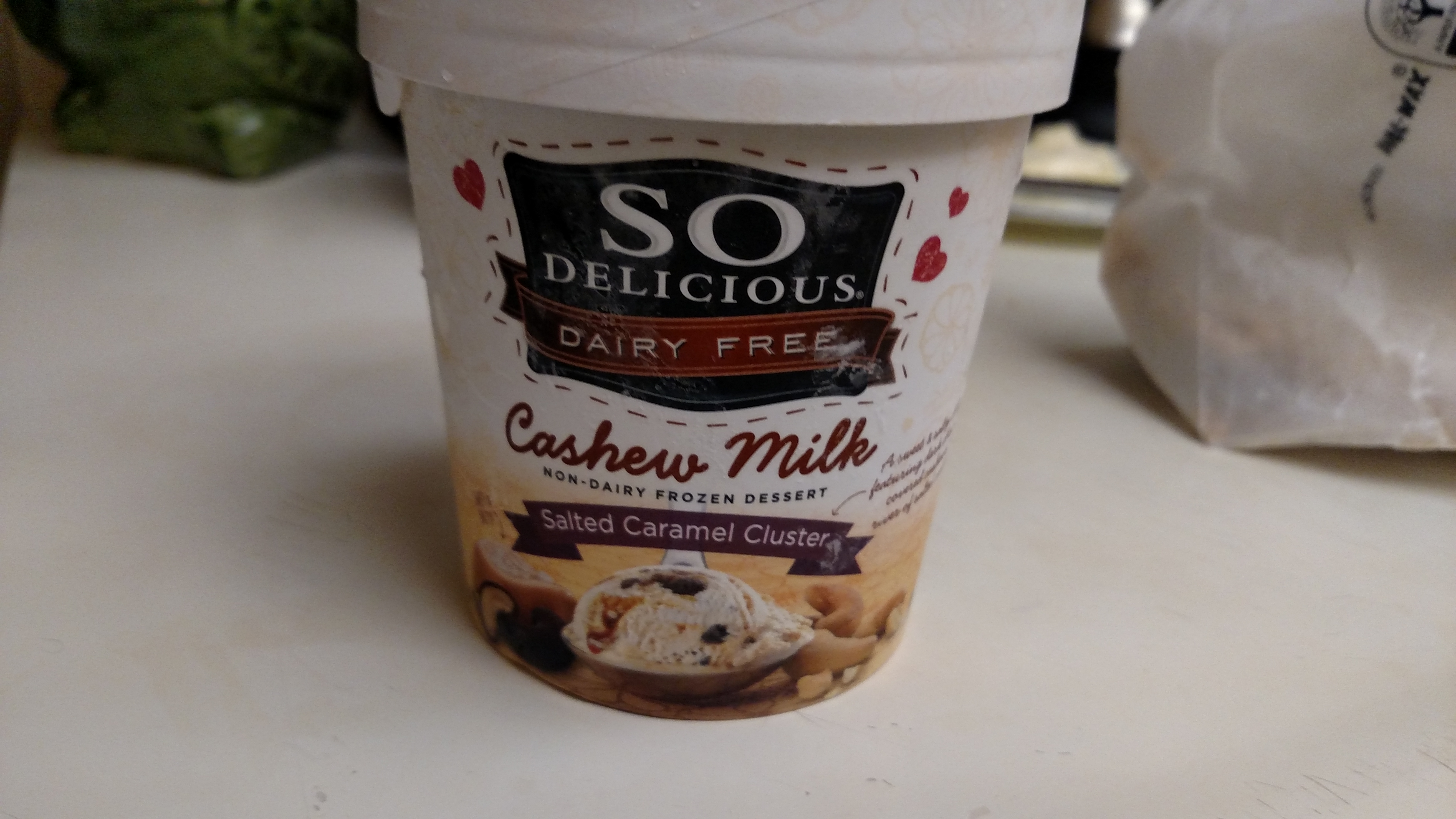Non-Dairy Milk Sales Skyrocketing


According to a new report by Packaged Facts, consumers are head over heels for non-dairy milks. Milk alternatives now account for a whopping 20% of the overall market—up from barely 14% in 2010.
Almond milk takes the cake as far as popular favorites. Between 2013 and 2014, sales of almond milk increase 40%. Coconut milk sales have also boomed. And with the addition of (delicious!) cashew milks, hemp milks and other unique alternatives, this market continues to innovate.
“The next several years will see intensified competition between dairy and dairy alternative beverages as both consumer comfort with the alternatives and criticism of dairy foods continue to grow,” says David Sprinkle, research director for Packaged Facts, in a press release. “Sales of plant-based dairy alternatives, especially almond milk, show no signs of slowing and new alternative sources are expected to drive the alternative segment even faster and higher over the next several years.”
The growing popularity of non-dairy milk comes amidst reports of the health risks of dairy consumption, as well as increasing problems with lactose intolerance.
Almond milk, all the way!
Follow Latest Vegan News on Facebook, on Twitter @LatestVeganNews, and Google+ .
Recent Posts
The 10 Best Vegan Breakfast Sandwiches in Los Angeles
It's early in the a.m. Too early. You might be hungover or sleep deprived; at…
Celeb Hotspot PLANTA Expands Its Empire
Courtesy of PLANTA When it comes to plant-based purveyors, PLANTA is one of the hottest…
No Waste Plant-Based Meal Kit Comes to SoCal
There's no debating that meal kits are an awesome way to make life easier in…
You Can Now Have a Meatless Filet Mignon Delivered to Your Door
Courtesy of Juicy Marbles The wait is over: tender, marbled, savory steaks are now on…
Vegan Travel Poised to Blow Up Post-COVID
Veganism is all over the place these days, with everyone from athletes to musicians to…
Your Guide to Cruelty-Free Eyelashes
Photo courtesy of Hayley Kim Design. Dramatic, sweeping lashes are totally on trend, but who…


View Comments
Love these news bytes! so inspiring <3
Well, this sounds like a good thing, but as demand grows for coconut milk, where is it going to come from? Probably by more clearcutting of tropical forests all over the world.
The situation is probably similar for any other crop for which there is strongly increasing demand, be it cocoa (chocolate), almonds, hemp, or any other trendy foodstuff. More acreage for one crop means an equivalent loss or destruction of existing ecosystems with environmental impacts reaching beyond the area of cultivation - new roads, waterways, etc.
Hi Dana, It's true that we should all be concerned about ethical sourcing of ingredients, but it's important to remember that animal products are FAR more detrimental to ecosystems than anything plant-based. Yes, non-dairy milk production (be it coconut or almond or cashew) still has an effect on our ecosystem, but that effect is drastically lower than the damage done by their dairy counterparts. So the switch to non-dairy is exponentially better for the environment in the long run. http://www.onegreenplanet.org/animalsandnature/the-dairy-industry-and-the-environment/